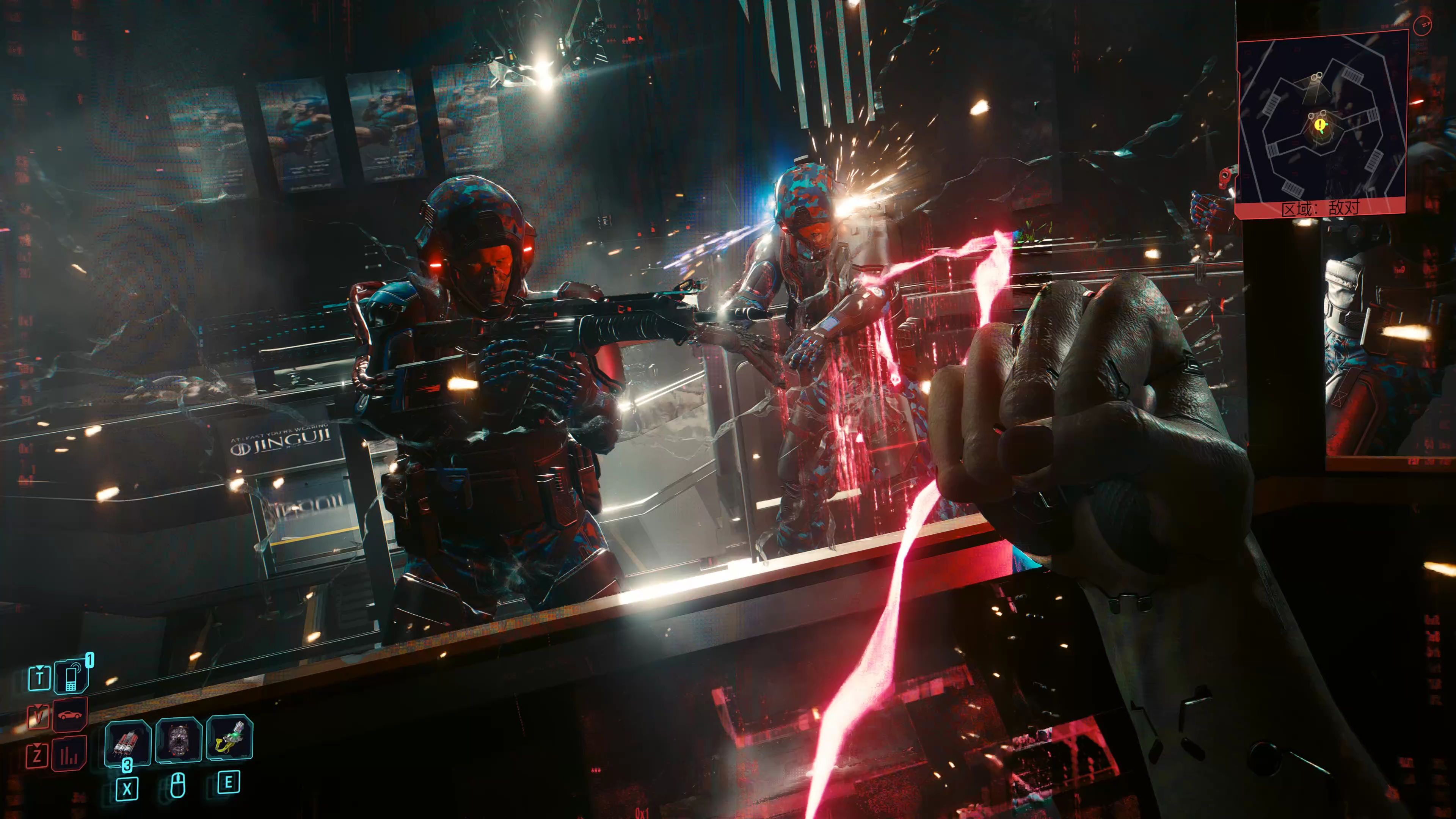The release of Final Fantasy XVI marked a seismic shift for the venerable series, not only in its mature tone and real-time combat but also in its auditory soul. The responsibility for crafting this new sound fell not to the legendary Nobuo Uematsu, nor to his frequent successors like Masashi Hamauzu or Naoshi Mizuta, but to the relatively unexpected duo of Masayoshi Soken and, for the first time in a mainline title, a primary contribution from a Western composer, the renowned film and television composer Bear McCreary. This collaboration, underpinned by Soken’s overarching vision, resulted in a soundtrack that is both a radical departure and a respectful evolution, fundamentally impacting the game’s identity and leaving an indelible mark on the Final Fantasy musical legacy.
The most immediately impactful decision was the shift in compositional philosophy. Final Fantasy XVI is a dark, politically charged epic steeped in high fantasy and visceral drama. Its world of Valisthea, with its warring nations and Eikon-clashing Dominants, demanded a score that was more cinematic and orchestral than perhaps any entry before it. While the series has always boasted cinematic qualities, McCreary’s involvement signaled a direct infusion of blockbuster film scoring techniques. His work on properties like The Lord of the Rings: The Rings of Power and God of War (2018) is characterized by robust, thematic writing deeply intertwined with narrative and character.

This influence is palpable throughout. McCreary’s primary contribution, the iconic "Away (1987)" and its myriad re-orchestrations, functions as the game’s central theme. It is not merely a leitmotif but the emotional core of the entire experience. Its simple, haunting piano melody, often accompanied by a solo violin, embodies the profound tragedy, brotherly love, and relentless hope that defines Clive Rosfield’s journey. Its recurrence is masterfully handled, evolving from a somber lament in quieter moments to a thunderous, full-orchestra and chorus-backed anthem during the climactic battle against Ultima. This approach—a strong, identifiable central theme that undergoes narrative-driven transformation—is a hallmark of the finest film scores and is executed here with breathtaking effect.
However, to attribute the soundtrack’s success solely to McCreary would be a disservice to the genius of Masayoshi Soken. As the overall sound director and primary composer, Soken’s role was one of synthesis and innovation. He is the architect who seamlessly blended McCreary’s cinematic grandeur with his own unique, often experimental, musical voice. Soken’s work on Final Fantasy XIV has demonstrated his incredible range, from 8-bit chiptunes to prog-rock anthems and sweeping orchestral pieces. In XVI, he channels this versatility to serve the game’s world-building.
Soken’s brilliance shines in the area music. Each of Valisthea’s nations receives a distinct musical identity that reflects its culture and climate. The rolling fields of the Grand Duchy of Rosaria are accompanied by lush, pastoral strings and warm woodwinds. The holy empire of Sanbreque boasts regal, chant-heavy brass fanfares that echo within its cathedral-like cities. The harsh, blighted regions are scored with dissonant, atmospheric textures that evoke desolation and decay. This meticulous world-building through sound is a Soken specialty, creating an immersive soundscape that grounds the player in every location.
Furthermore, Soken’s hand is unmistakable in the Eikon battle themes, which stand as some of the most audacious and celebrated tracks in the entire franchise. Tracks like "Titan Lost" and "Bahamut" are not traditional orchestral pieces; they are genre-bending symphonic metal operas. They merge crushing guitar riffs, complex drum patterns, and orchestral bombast with ethereal choirs, creating a sense of cataclysmic, god-like power that perfectly matches the on-screen spectacle. This is where Soken’s history with inventive, high-energy MBOSSes (MMO Boss Scores) fully manifests, pushing the boundaries of what video game music can be. The track "To Sail Forbidden Seas" for the Barnabas/Odin fight is a masterclass in tension, building from a minimalist, ominous pulse into a relentless, driving force of pure menace.
The true impact of the Final Fantasy XVI score lies in the symbiotic relationship between these two compositional forces. McCreary provided the powerful, emotionally resonant thematic throughline that gives the narrative its heart and Hollywood-scale weight. Soken provided the intricate, world-building texture and the explosive, boundary-pushing set pieces that make the world feel alive and the conflicts feel genuinely epic. They did not work in isolation; themes conceived by one would be adapted and rearranged by the other, creating a cohesive whole.
The result is a soundtrack that feels both familiar and wholly new. It carries the emotional weight and melodic sophistication expected of the series while fearlessly adopting a darker, more mature, and cinematically assertive tone. It proves that the soul of Final Fantasy music is not tied to a single instrument or style, but to a commitment to musical storytelling that elevates every facet of the experience. The impact of Soken and McCreary’s collaboration is profound: they have not only defined the identity of Final Fantasy XVI but have also successfully expanded the very definition of a Final Fantasy score, setting a new, incredibly high bar for cinematic storytelling in video games through the power of music.














